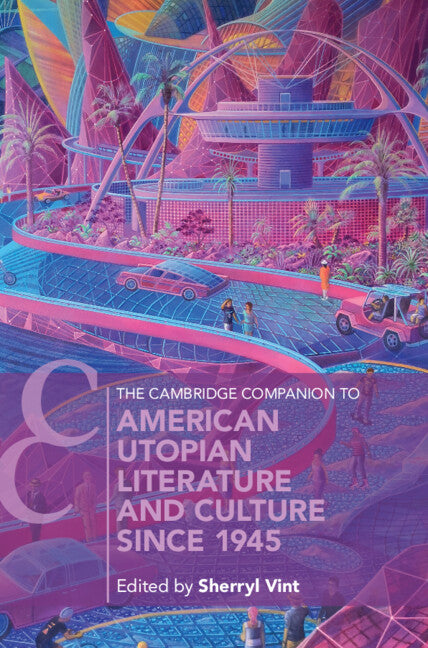The Cambridge Companion to American Utopian Literature and Culture since 1945
Author(s): Edited by Sherryl Vin
Couldn't load pickup availability
🚚 Please note we can only ship within the UK.
FREE delivery on books (excluding sale).
Delivery for other items is £1.50 - £4.50, calculated at checkout.
T&Cs apply.
Free click & collect on all orders.
Providing a comprehensive overview of American thought in the period following World War II, after which the US became a global military and economic leader, this book explores the origins of American utopianism and provides a trenchant critique from the point of view of those left out of the hegemonic ideal. Centring the voices of those oppressed by or omitted from the consumerist American Dream, this book celebrates alternative ways of thinking about how to create a better world through daily practices of generosity, justice, and care. The chapters collected here emphasize utopianism as a practice of social transformation, not as a literary genre depicting a putatively perfect society, and urgently make the case for why we need utopian thought today. With chapters on climate change, economic justice, technology, and more, alongside chapters exploring utopian traditions outside Western frameworks, this book opens a new discussion in utopian thought and theory.
- Provides an overview of utopian thinking in the period since America took on a global role following the end of World War II
- Charts a diverse range of ways of thinking about the utopian at this cultural moment, bringing into dialogue cultural traditions that have not been part of utopian studies
- Reorients the idea of the utopian away from understanding it strictly as a literary genre, emphasizing ways that the utopia connects with real-world political struggle
Share


